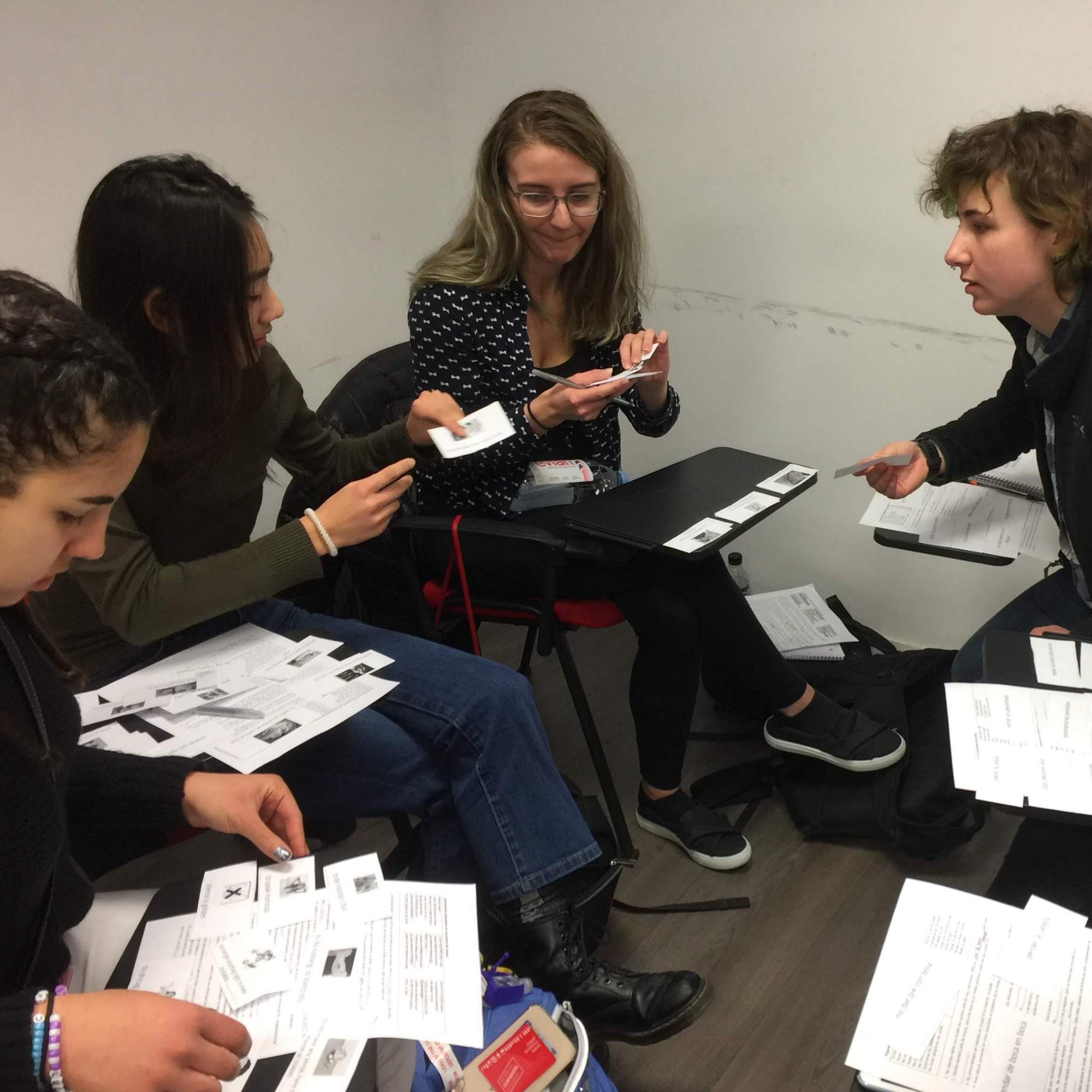HASS & Communication Requirements
By incorporating Global Languages through the HASS Requirement or Communication Requirement, students can acquire or hone a new language as part of meeting MIT degree requirements. Studying Global Languages complements major studies in STEM with intercultural competencies and language proficiency that allow students not only to explore personal interests in international cultures, but to apply their MIT degree in an ever-growing global and globalized job market.
HASS Requirement
As part of MIT’s General Institute Requirements, all undergraduates must complete the HASS Requirement. It consists of eight subjects in the humanities, arts, and social sciences. There are three components to the HASS Requirement: Concentration, Distribution, and HASS Electives.
HASS Concentrations
Global Languages offers eleven Concentration programs through which students can satisfy the Concentration component of the HASS Requirement. Each Concentration consists of three or four subjects; see more details at Academic Programs and find out about each area of study below.
Chinese
French
German
Japanese
Korean
Portuguese
Russian
Spanish
Other Languages
Theory of Languages
Studies in International Literatures and Cultures
Students who have completed a Concentration in Chinese, French, German, Japanese, or Spanish can also pursue a minor in these languages with just three or four more classes! Language subjects completed at semester “III” or above for the Concentration are applicable to the minor, and of the six subjects required for a minor, five may be applied to the HASS Requirement. Continuing studies in language after completion of a Concentration is a great way to continue building language skills while adding a minor to the MIT degree!
HASS Distribution
Global Languages 21G subjects designated as HASS-H, HASS-A, or HASS-S can be applied for completion of the HASS Distribution requirement. Most 21G subjects are HASS-H. Students may use a single subject for both the Distribution and Concentration components of the Requirement, with the permission of your Concentration advisor. Below, see 21G HASS-A and HASS-S subjects currently planned for the 2025-2026 academic year.
21G.024 The Linguistic Study of Bilingualism (HASS-S)
21G.086 Soviet and Post-Soviet Politics and Society: 1917 to the Present (HASS S)
21G.094 Japanese Cinema (HASS-A)
21G.111 Chinese Calligraphy (HASS-A)
21G.409 Advanced German: Visual Arts, Media, Creative Expression (HASS-A)
21G.617 Advanced Russian: Exploration of Regional Cultures through Art (HASS-A) NEW!
21G.822 Portuguese Language through Brazilian Film (HASS-A)
HASS Electives
Once students complete the Distribution and Concentration components of the HASS Requirement, additional HASS classes (electives) are applied to reach the eight subjects required by the HASS Requirement. Students may take any 21G subject for this purpose, even if concentrating in another department, and it can be a great opportunity to learn about a new culture or be introduced to a new language.
Communication Requirement
21G subjects designated as CI-H may be applied to completion of the Communication Requirement. Students majoring in 21G must additionally complete two CI-M subjects, and should confer with their major advisor to arrange a CI-M. Below, see 21G CI-H subjects currently planned for the 2025-2026 academic year.
21G.024 The Linguistic Study of Bilingualism
21G.041 Foundations of East Asian Literature and Culture: From Confucius to the Beats
21G.058 Race and Migration in Europe
21G.059 Paradigms of European Thought and Culture
21G.065 Japanese Media Cultures
21G.086 Soviet and Post-Soviet Politics and Society: 1917 to the Present

Global Languages’ interactive and conversation-based classes allow students to hone communicative and intercultural competencies through small group work with peers and instructors.

